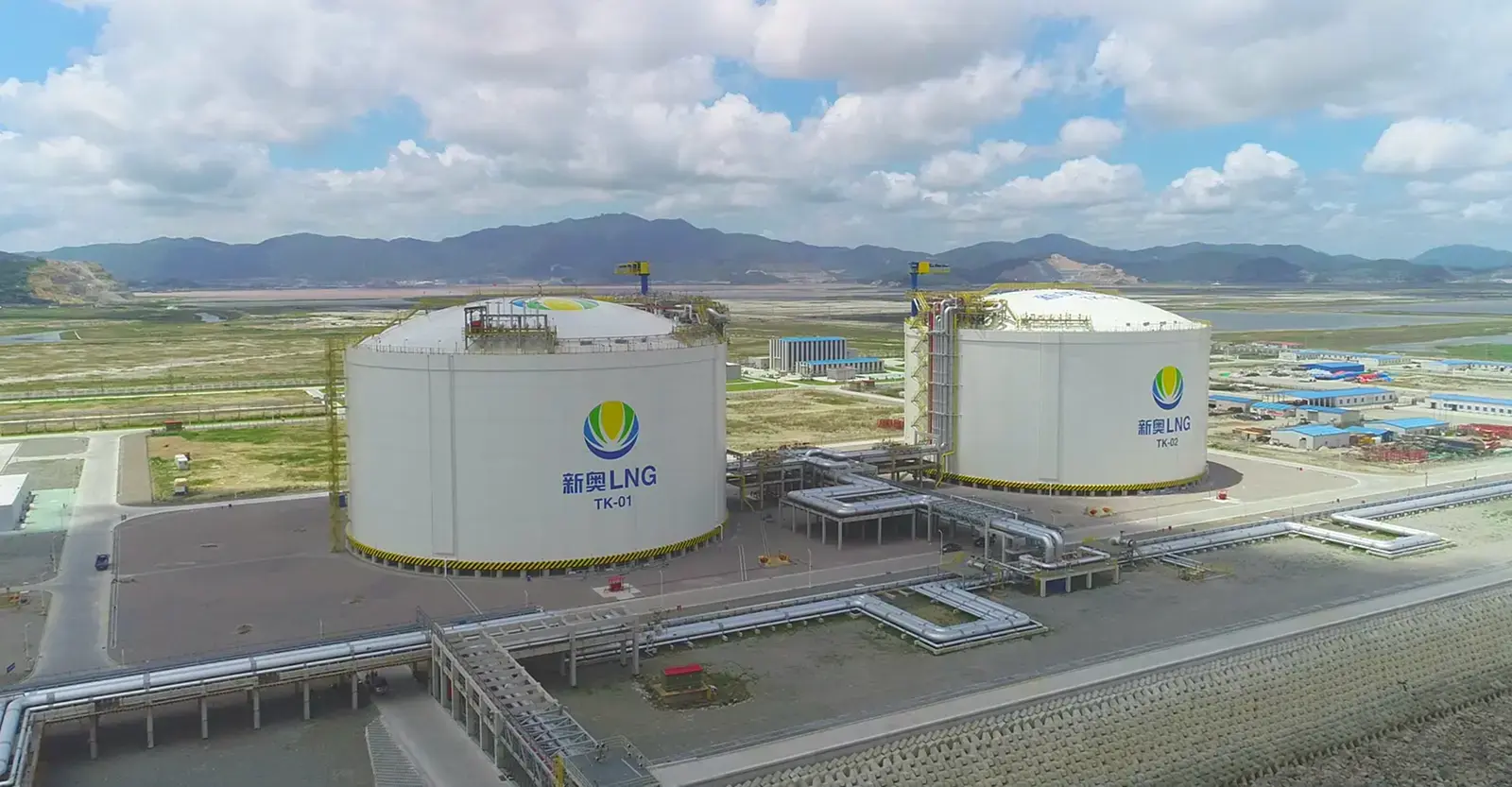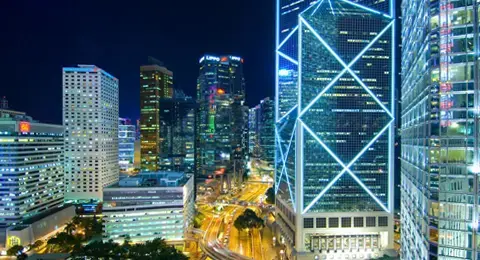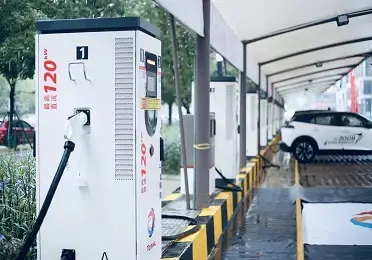TotalEnergies has successfully completed a 3-year research project with its partner Shanghai Advanced Research Institute (SARI) of the Chinese Academy of Sciences (CAS) and Lu’an Group - one of the largest coal production groups in China. A new type of energy-efficient process was developed to produce an environmentally friendly chemical product - Di Methyl Carbonate (DMC). As a green fuel additive, DMC can help to significantly reduce energy consumption and carbon footprint, thereby minimizing the impact on the environment.
Innovation in China, for China and the world
Innovation is a TotalEnergies strategy, while R&D is one essential element of this strategy. TotalEnergies has established 22 R&D centers globally, with around 5,000 researchers. Today, China is becoming one of the important blocks in the map of TotalEnergies business and technical development. “Innovation in China and for China” is our commitment. We’re looking for excellent partners for better development and achieving our long-term goal. So far, we have carried out more than 20 R&D projects in China. " We value specifically, whether selecting energy venture start-ups or research projects in China, our Chinese partner's knowledge of R&D and commercialization of innovations, and their deep understanding of the market and clients' needs. We aim to boost TotalEnergies' innovation in China, for the benefit of China and eventually the world." said Dr.Zhonghua XU, Vice President, head of TotalEnergies R&D for Asia.
To improve the productivity of DMC, TotalEnergies has joined hands with SARI of CAS and Lu’an Group in developing a highly energy-efficient process. This process adopts the state of the art membrane separation technology and uses CO2 as the feedstock for the final product, which is favorable for environmental protection.
3-Year Efforts to a Great Success
With three years of efforts, the R&D team consisting of 22 Chinese and French scientists has addressed numerous technical challenges to develop a novel synthesis method and achieved the ultra-thin defect-free zeolite membrane. As a result, the membrane thickness is reduced from 6 microns to 1.5 microns and membrane flux is substantially increased. The product separation efficiency has been remarkably improved. This new process realizes a raw material conversion rate 50% higher and product yield 20% higher than the traditional process.
In addition to improved energy efficiency, the new process can contribute to air quality. With CO2 as raw materials and the final product to be used as a green fuel additive, the process helps to improve fuel efficiency and reduce emissions, thus bringing huge social, economic, industrial, and ecological benefits.
“It is successful and win-win cooperation with TotalEnergies, an international energy giant. We are confident to develop better and innovative solutions, so as to meet China’s energy demand and protect the environment”, Professor Yuhan SUN, Vice President of SARI of CAS, said.
Innovation - a Commitment to Environmental Protection and a Bridge of Communication
By virtue of this project, three patents have been registered in China, one Chinese patent and other European patents are under review. Besides, the application of related European patents is being prepared.
This new model of cooperation also symbolizes amicable relations between France and China. During the execution of the project, exchanges went far beyond science and technology, and actually promoted the combination of international industry-academic research institutes. Dr. Yaning XIAO, CTO of Lu’an Group, said, “This is a new model of a project integrating competence of three parties. We will spare no effort in sharing technologies and resources with our partners - CAS and TotalEnergies. And this cooperation mode paves a good foundation for the future application of this technology in the market”.
OUR LOCAL PROJECTS
Innovation in carbon capture to help China's carbon peaking and carbon neutrality goals

South Sulige Gas Project, Explore Gas on The "Grindstone"
Cooperate With Local Private Players to Help China Energy Transition
Grow With Chinese Partners to Meet Increasing Demand
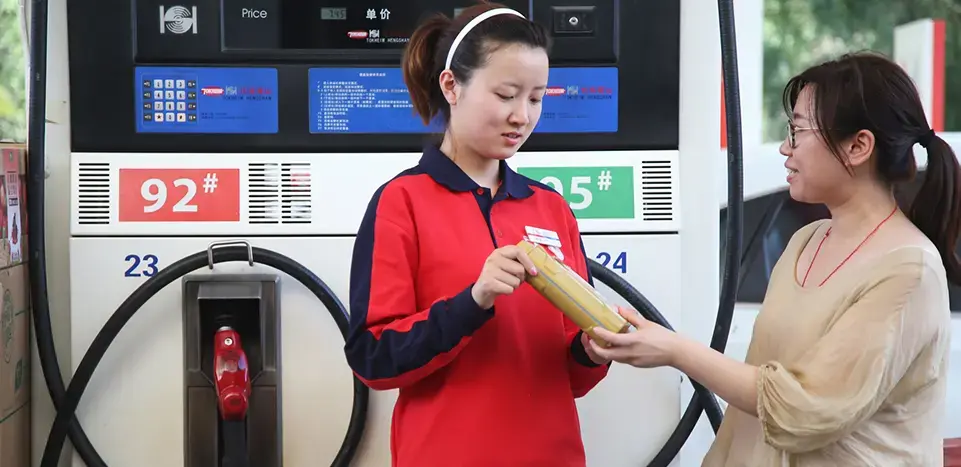
"TotalEnergies Service, TotalEnergies Trust"– TotalEnergies Customer Care

TOTAL EXCELLIUM, The Fuel That Cleans Your Engine km After km
TotalEnergies Fleet Card: An Effective and Portable Solution to Manage Your Fleet
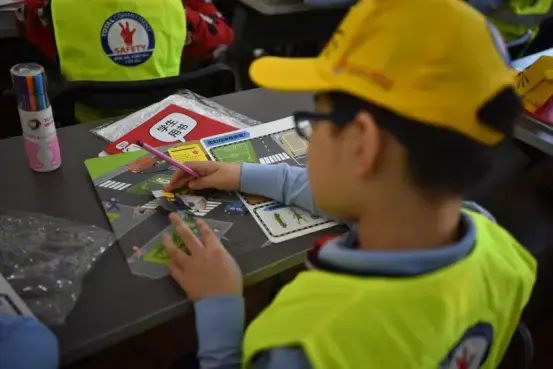
Road Safety: Preventing Children With an Interactive Program



